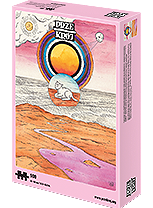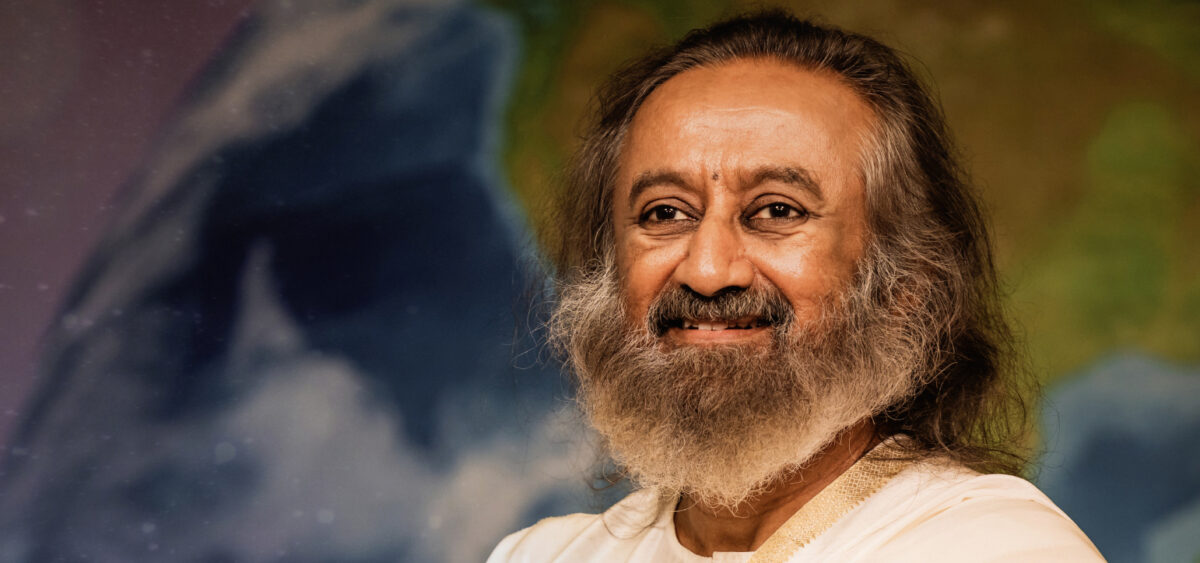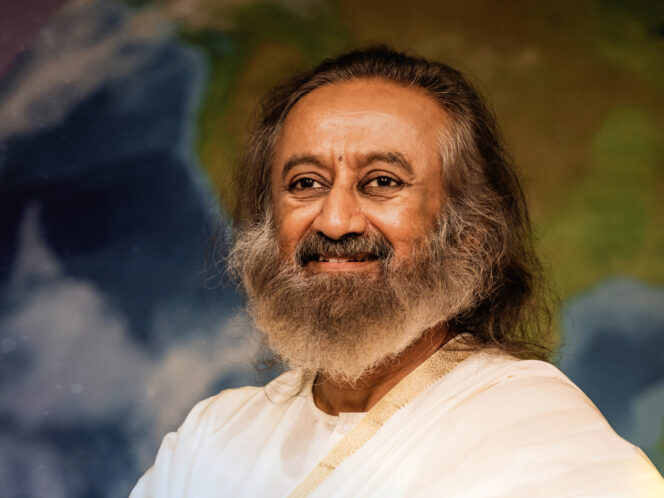
It was a Friday in fall. On this drizzly day, the congresspeople in the Capitol building were clashing over the American public debt. The threat of bankruptcy was hovering over the country. Meanwhile, on the enormous lawn in the center of Washington, almost a million smiling people were plunged in serene meditation.
The media had been thundering since dawn. Many workers on state salaries—from police officers to museum workers—were going to go unpaid into the following day. Feverish negotiations were being held in the House of Representatives, big black SUVs with tinted windows and television vans were driving up Capitol Hill. The city froze in suspense.
And yet, not entirely. On the green grounds of the National Mall a massive crowd had sat down comfortably and was celebrating in peace. No doubt this was a coincidence, but at the last minute, when there was a breakthrough in the governmental impasse and an agreement averted catastrophe, the sky over the city turned bright. The World Culture Festival, a global event celebrating coexistence in friendship and diversity, could be held in the sunshine. This celebration takes place once every five years. An international parade of cultures from the furthest corners of the world is organized by the Art Of Living foundation, working to support peace since 1981. Created by Gurudev Sri Sri Ravi Shankar over four decades ago in India, today it is one of the largest humanitarian organizations in the world. It is estimated that over half a billion people have attended its programs.
It would be hard to point to a part of the world or a walk of life in which the foundation’s representatives have not carried out assistance projects. They work from India to Peru, managing shortages, and taking on all sorts of challenges—from helping prevent diabetes, working on drug addiction treatment, helping in flood damage clearing, bringing material aid to the impoverished, and bringing social projects in the slums, to holding educational meetings with young people. They work on setting up centers for self-education, meditation, and yoga, they promote blood donations and programs for the financial emancipation of women, they hold activities to counteract the mental health crisis, and promote stress-free lives and physical and mental well-being. They also spread knowledge about health and traditional medicine (Ayurveda), and even participate in academic conferences, technological innovation congresses, dam-building, campaigns for access to clean drinking water, promoting pesticide-free farming, improving ethical standards in business, and creating forums for cooperation and dialogue.
Yet most important in the Art






